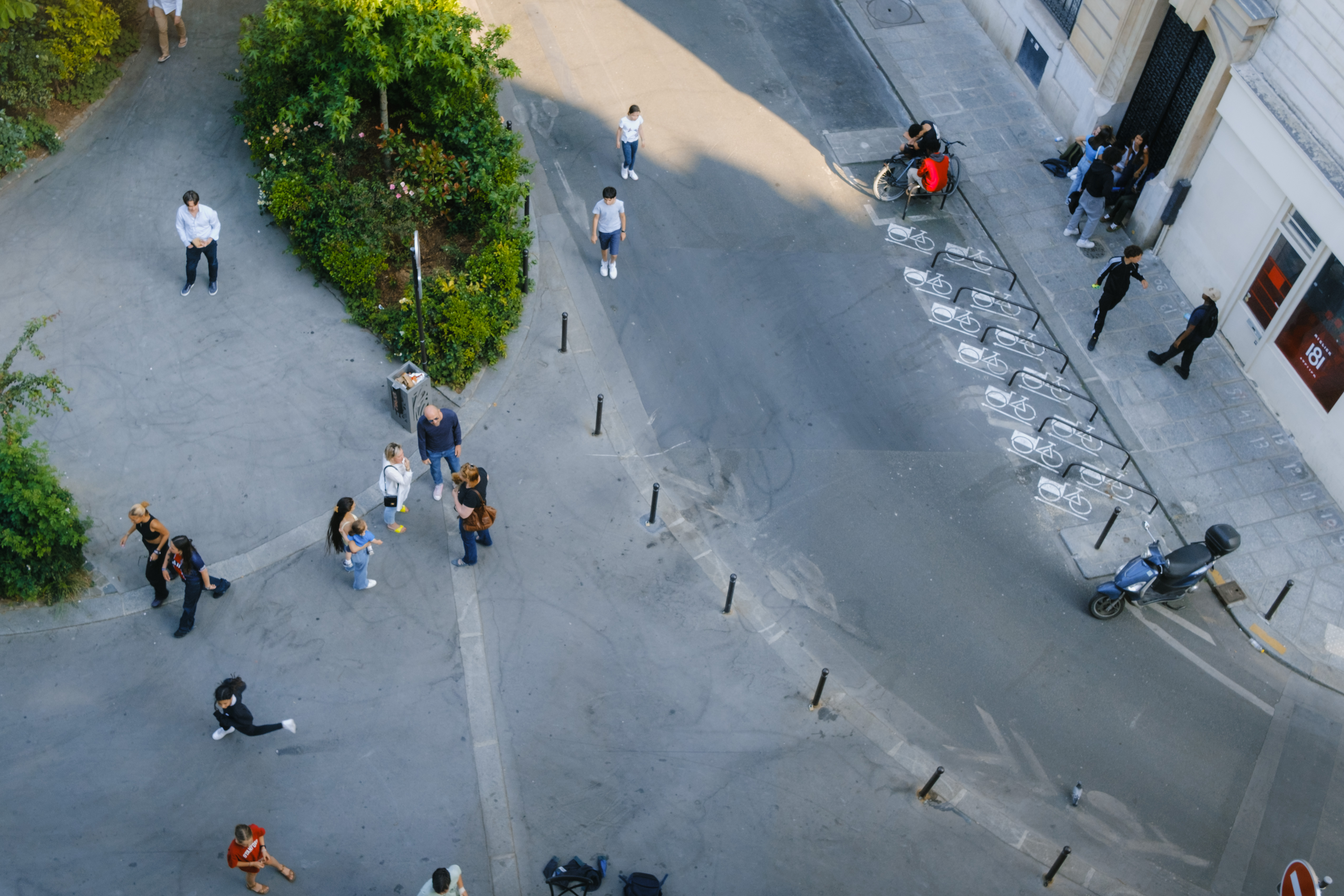D. Graham Burnett, Alyssa Loh and Peter Schmidt, “The Multi-Trillion-Dollar Battle for Your Attention Is Built on a Lie” (NYT Opinion)
Real attention cannot be measured with a stopwatch or an app, and real attention—human attention—is far deeper and more complex than the ability to get stuff done. We know this, of course: The lives we long for involve going for an undisturbed walk in the park with a friend, getting lost in a book or even simply daydreaming. Life is made of these things, and they are made of attention. Armed with relentless, increasingly artificial-intelligence-driven feeds, Big Tech is conducting a successful attack on that richness, that expansiveness, that freedom. To survive it, and to build something better, we need to rethink attention itself.
[Read More]



